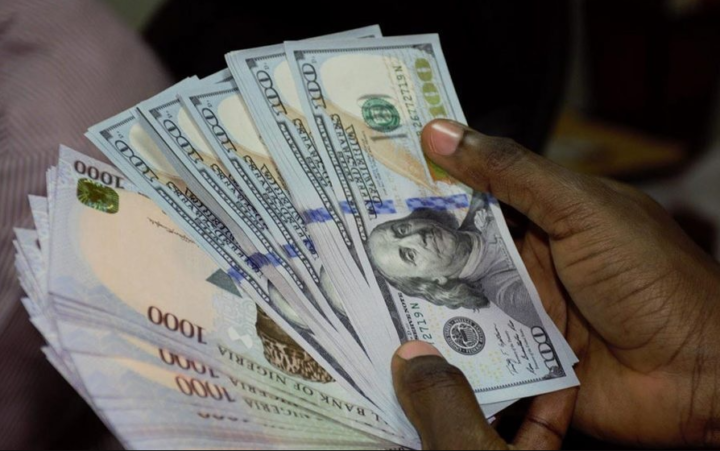The Central Bank of Nigeria (CBN) has taken a significant step in revising its policies and regulations concerning foreign exchange by lifting the ban on 43 items that were previously restricted under the leadership of Godwin Emefiele.
The announcement came through a circular issued by the apex bank on October 12, 2023, signifying a shift in the CBN’s approach to the country’s forex market.
In its circular, the CBN emphasized its commitment to a market-driven exchange rate system, championing the ‘Willing Buyer – Willing Seller’ principle. This change in approach signals a fundamental shift from the previous era, which was characterized by strict controls and restrictions on foreign exchange access.

One of the key issues addressed by the CBN was the disparity between official and parallel market exchange rates, which stood at a significant 25%. This gap had led to a range of issues, including arbitrage opportunities and market inefficiencies. To mitigate this, the CBN announced that it would intervene in the forex market periodically. These interventions, aimed at boosting liquidity, are expected to become less frequent as market stability improves.
A major development arising from the circular is the lifting of prior restrictions on importers of the 43 items that had been barred from accessing the Nigerian Foreign Exchange Market since 2015. This move has important implications for the Nigerian economy, as it opens up opportunities for businesses involved in the importation of these items. Nevertheless, it remains uncertain how this will impact the official Investors’ and Exporters’ (I&E) window and whether the CBN has the capacity to meet the increased demand for forex.
The decision to lift the ban on these items has been long-awaited and has been a subject of debate in Nigeria’s economic landscape. Critics have consistently urged the CBN to reconsider its stance, particularly under the leadership of Godwin Emefiele, who faced mounting pressure to relax the restrictions.
It is important to note that while the CBN has revised its policy, some of these previously restricted items may still be prohibited by the Nigerian Customs Service. The impact of this decision on the availability of forex for these items is unclear, and it remains to be seen how these policy changes will unfold in practice.
The central bank’s decision to intervene in the forex market is significant. By providing a steady supply of forex in the official market, the CBN aims to bolster the exchange rate, particularly in the parallel market. However, there are concerns about where the CBN will source the forex needed for these interventions, as the country’s external reserves are already stretched. Additionally, the average daily turnover for forex in Nigeria is relatively small, making it challenging for the central bank to meet the demand.
As of the time of this announcement, a significant portion of the forex supply goes to the parallel market, where rates tend to be higher. As long as the disparity between official and parallel market rates remains above 5%, demand for forex in the parallel market is likely to persist.
Another key challenge for the CBN is the existing forex backlog, estimated to be around $8 billion, along with $20 billion in currency swaps with Nigerian banks. The central bank may need to reevaluate its approach to managing this backlog to ensure stability in the forex market.
Regarding the CBN’s call for referencing foreign exchange rates exclusively from official platforms like the CBN website and the Financial Markets Dealers Quotations (FMDQ), it is uncertain whether the central bank will adjust the exchange rate on the FMDQ to align with market realities. The substantial 25% gap between official and parallel market rates poses a risk of arbitrage, where individuals and businesses exploit these disparities for profit.
In summary, the Central Bank of Nigeria’s recent circular represents a significant shift in the country’s forex policy. By lifting the ban on 43 items and pledging to intervene in the forex market to boost liquidity, the CBN aims to address issues that have plagued the Nigerian forex market for years. However, the success of these measures will depend on the central bank’s ability to manage increased demand for forex and effectively close the gap between official and parallel market rates. The next steps and outcomes will be closely monitored by market participants and stakeholders in Nigeria’s economy. The CBN has set a goal to achieve a unified foreign exchange market, and consultations with market players are already underway to realize this objective. The development marks a pivotal moment in the country’s economic landscape, with the potential to reshape how forex transactions are conducted in Nigeria. Participants in the forex market and the general public are urged to stay informed and aligned with the new guidelines issued by the CBN.
Support InfoStride News' Credible Journalism: Only credible journalism can guarantee a fair, accountable and transparent society, including democracy and government. It involves a lot of efforts and money. We need your support. Click here to Donate
